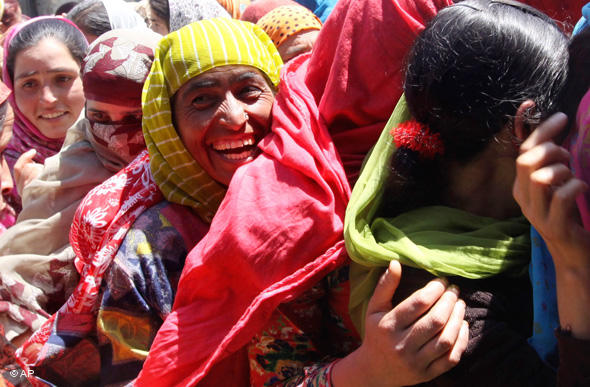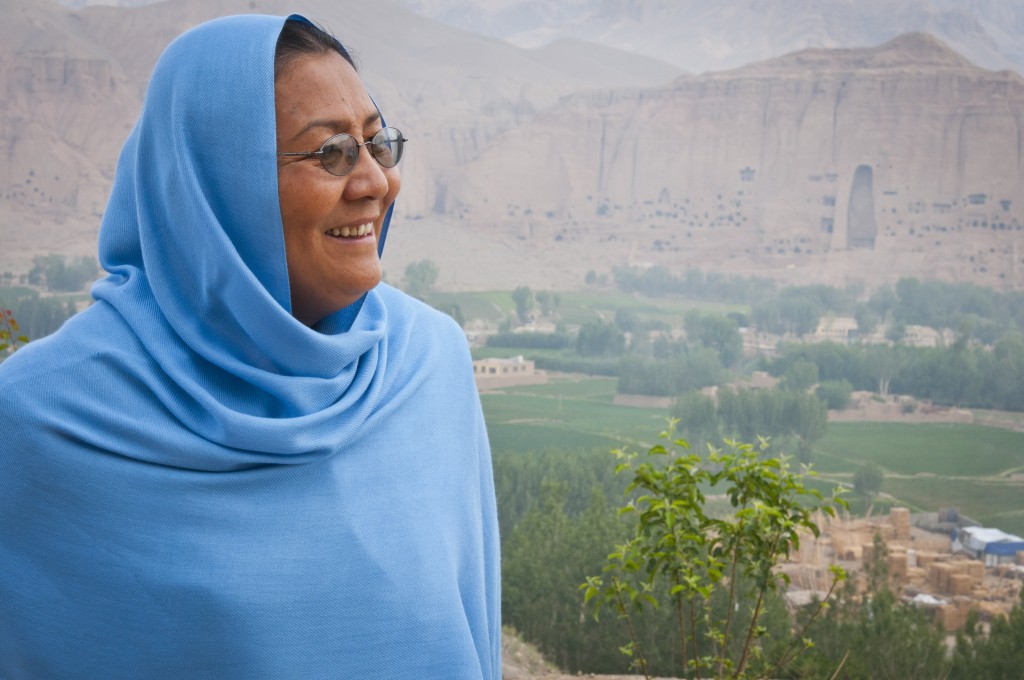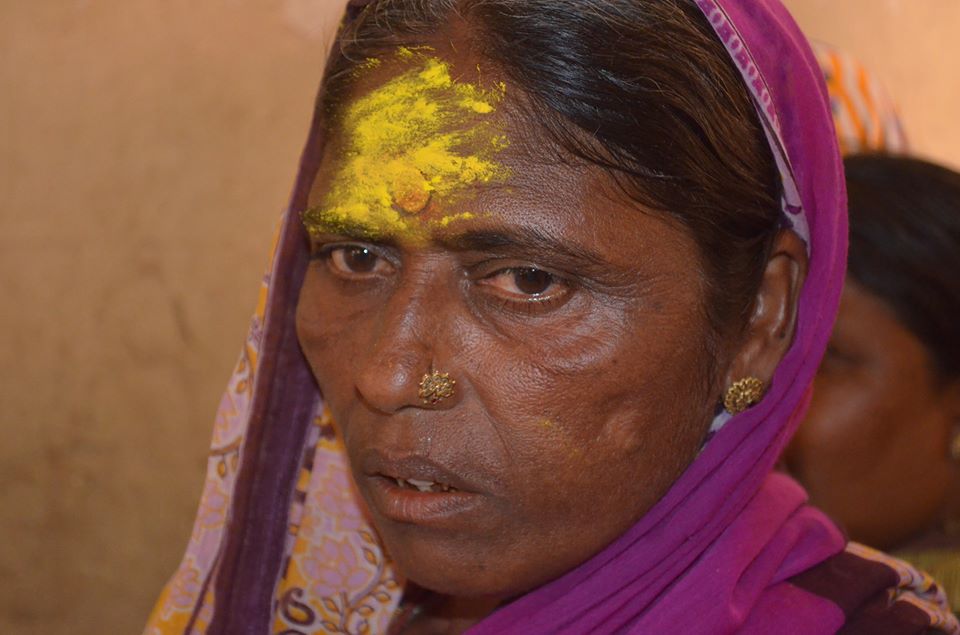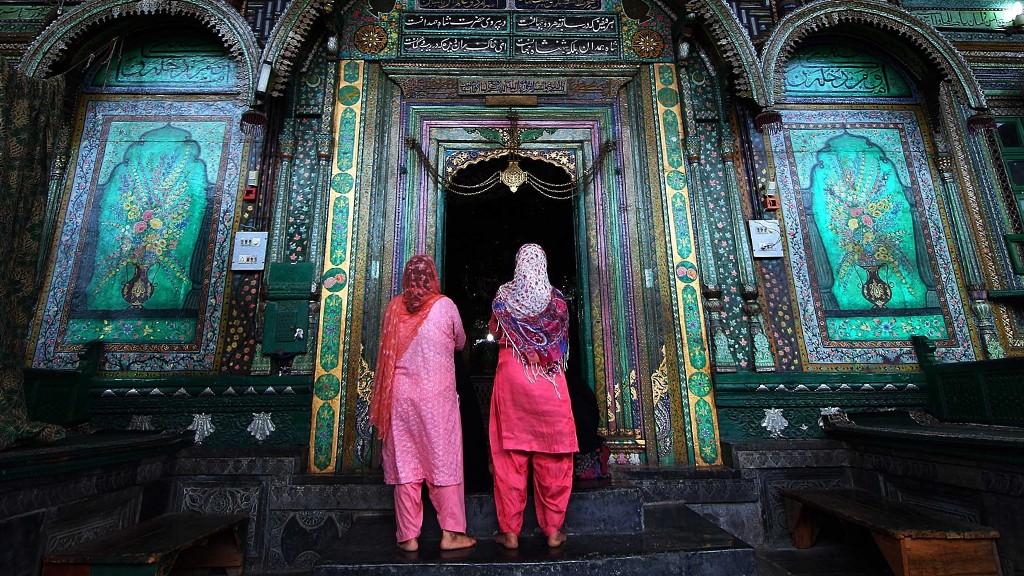Nearly all India’s Muslim women reject ‘triple talaq’ and polygamy (I)
More than 90 percent of Muslim women surveyed in India want the “triple talaq” divorce ritual and polygamy banned from family civil law in the country, a study by a women’s rights organization, the Bharatiya Muslim Mahila Andolan (BMMA), showed.
![]() read more
read more
Nearly all India’s Muslim women reject ‘triple talaq’ and polygamy (II)

Kashmiri Muslim women laugh as they push each other playfully outside a polling station in Wattergam, some 75 Kilometers (47 miles) from Srinagar, India. @ AP Photo/Dar Yasin
Zakia Soman is a founder member of Bharatiya Muslim Mahila Andolan (BMMA), a mass organization of muslim women in India. According to a survey conducted by her organization, more than 90 percent of Muslim women surveyed in India want the “triple talaq” divorce ritual and polygamy banned from family civil law in the country.
![]() read more
read more
The impact of #Selfiewithdaughter campaign
For the first time, India’s Prime Minister Narendra Modi utilized his social media presence and fan following to bring about awareness on the delicate subject of female feticide in the country.
![]() read more
read more
Afghanistan: In The Midst Of War, A Women’s Rights Warrior

Bamyan Governor Dr. Habiba Sarabi stands on a patio overlooking the Bamyan river valley where the ancient standing Buddhas of Bamiyan statues used to reside in two giant insets, one of which can be seen here, June 18, 2012. Sarabi is the only female Afghan provincial governor in history.Since becoming a Governor, Dr Habiba Sarabi has efficiently governed Bamyan and used this platform to promote the rich cultural heritage of the province. © Ali Sher
Born in the mid-50s in Mazar-i-Sharif, a cultural and religious site in Afghanistan with famous shrines that get thousands of visitors annually, Dr Habiba Sarabi’s childhood was similar to that of many girls in her country. She grew up in a lower middle class household where money was tight, and her father preferred her brothers. She had to work twice as hard to show that she was capable of doing as much as them, if not more.
![]() read more
read more
Devadasi – Servants of God, used and discarded afterwards

Sitawa Nanda, 41, is now fighting for the betterment of Devadasi women and hoping that women do not ‘sacrifice’ their daughters to this regressive practice that continues surreptitiously. (© DW/Murali Krishnan)
It is an ancient religious practice that still traps young girls in India in a life of sexual exploitation.
![]() read more
read more
Making Rights Real For Women

From artisanal fishing to working in fruit plantations nearly 100,000 women have secured gainful employment thanks to the vocational training provided under the Chapéu de Palha Mulher, a ground-breaking government initiative in Brazil. (© UN Women/ Lianne Milton)
When Maria Jose Pereira was growing up in the rural town of Escada, Brazil, her father’s tools were off limits. “Everyone in my house worked in construction. My father and brothers were all stonemasons,” Maria says. “I wanted to work with them, but they said I couldn’t because I was a woman.”
![]() read more
read more
Blacking Out Gender Bias On Screen

Although Geena Davis played the role of President of United States of America in TV show, Commander-in-Chief, she believes that women are far less likely to be a judge or doctor or in any other professional or leadership position.
What do we learn about women and girls when we turn on the television or go to the movies? Around the world, female characters in films and television take far less space than male characters. They do less interesting things. They are judged by their appearance. That is Geena Davis‘ opinion.
![]() read more
read more










Feedback